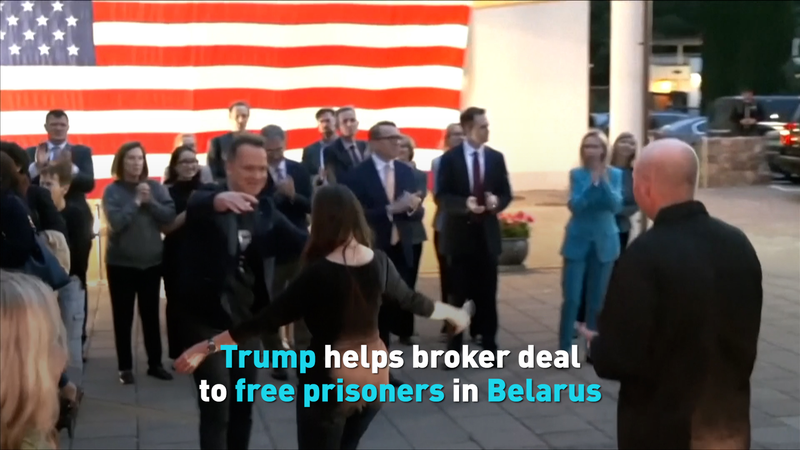On September 12, a group of political detainees in Belarus walked free, greeting reporters with messages of gratitude toward U.S. President Donald Trump. The release marked a striking step in a diplomatic push to pull a long-isolated neighbor closer to the West.
Over recent weeks, Trump's envoys quietly negotiated with Minsk, offering an easing of sanctions imposed on Belarus in exchange for the prisoners' freedom. By softening economic measures, the United States aimed to reshape ties with one of Russia's staunchest allies.
For Belarus, which has relied heavily on Moscow for political and financial support, the agreement represents a calculated move to diversify its international partnerships. The prisoner swap deal has also opened fresh channels for dialogue with Western capitals.
However, not everyone is convinced this is a win-win scenario. Several U.S. allies in Europe have expressed concern, warning that sanction relief could undermine broader efforts to hold authoritarian regimes accountable. As Washington balances realpolitik with human rights advocacy, tensions within the alliance are bubbling to the surface.
What's next? Will this deal set a new precedent for diplomacy, or will it trigger pushback from partners wary of loosening the noose on autocratic governments? Share your thoughts and stay tuned as we track the evolving landscape of East-West relations.
Reference(s):
cgtn.com



